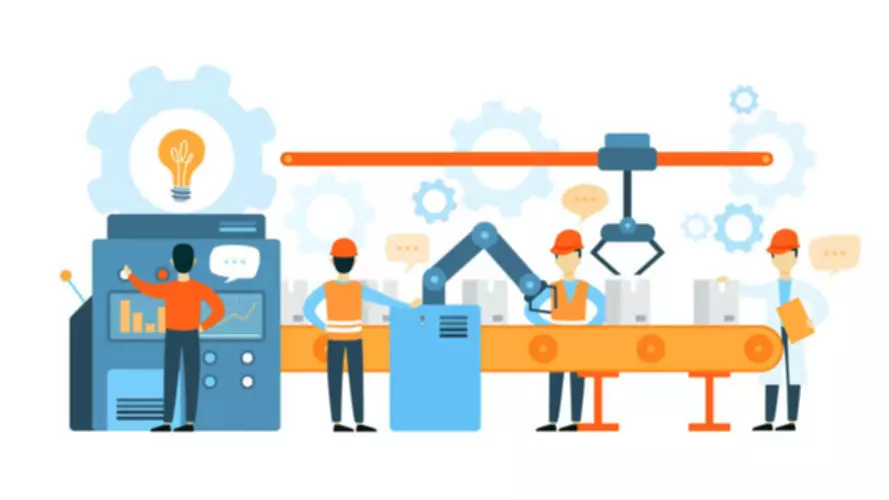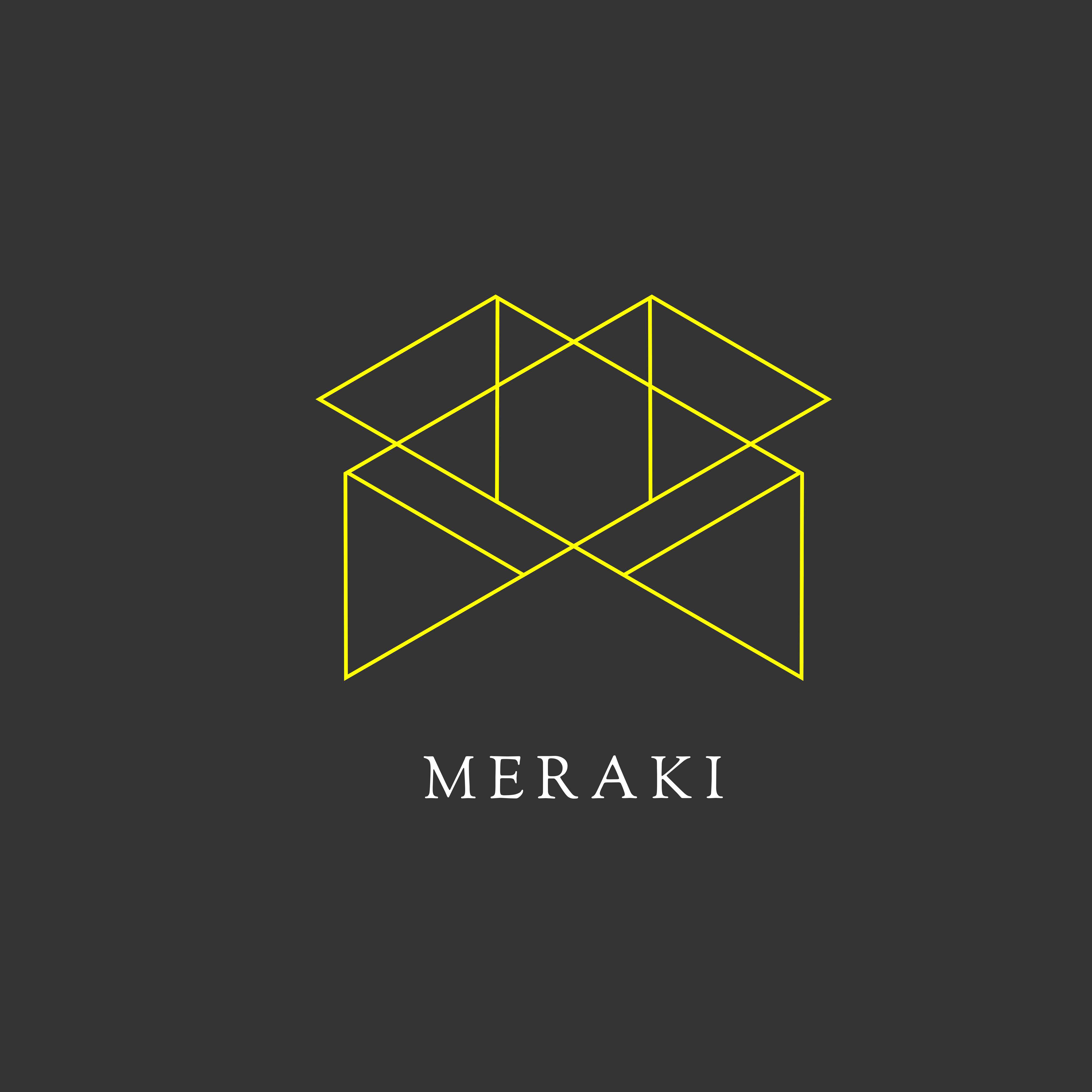Content

Every entry represents a different transaction, and every accounting system has a chart of accounts that lists accounts as correlating categories. Think of it as a detailed https://www.bookstime.com/bookkeeping-101 filing system, recorded either by hand or using software. If your business is a side project with a limited budget, you can probably get by going the DIY route.

Securely stored and well-maintained bookkeeping records will help you track previous invoices without burying yourself in an unorganized mess. Getting a handle on your bookkeeping can also prevent your sensitive financial data from falling into the wrong hands. You must always ensure secure storage of your bookkeeping records. Following the bookkeeping basics above will make the process easier and help you to stay compliant with industry standards. Now that you have reconciled all your accounts and transactions, you’re ready to close out the month and print out your financial reports. Bookkeeping is all about the process of recording and showing a balance between your incoming and outgoing money.
Why bookkeeping matters
Accounting involves recording, plus, classifying, interpreting, analyzing, reporting, and summarizing financial data. If two sides of the equations don’t match, you’ll need to https://www.bookstime.com/ go back through the ledger and journal entries to find errors. Post corrected entries in the journal and ledger, then follow the process again until the accounts are balanced.
You’ll need to decide whether to use a single-entry or double-entry bookkeeping system. As the name suggests, this account tracks all the revenue your business makes from sales. Recording and maintaining an accurate sales account will help you understand where your business is currently standing. This account tracks the purchase of any raw materials and finished products for the business. This account is a crucial component when it comes to calculating the cost of goods sold (COGS) — indispensable if you run an online or brick-and-mortar store. You just subtract the amount you paid to buy the raw material from the sales, and the remainder is your profit.
Liabilities
Bookkeeping can help maintain your payroll expenses in an organized fashion. This will allow you to stay up to date on your taxation compliance, ensuring you never miss a due date. NorthOne is proudly made for small businesses, startups, and freelancers. Our platform makes financial management accessible and affordable. We believe that better banking products can make the whole financial system more inclusive. This includes starting out with your own personally defined business plan, budget, and breakeven projections, as well as making periodic adjustments to your business activity to meet your objectives.
How do beginners learn bookkeeping?
Use a Bookkeeping App: The best way to learn is to get hands-on in your own time and use a bookkeeping app that's both easy to use and understand. No formal degrees, no qualifications. Just look for one that has useful features you'll need and not packed full of ones you'll probably never use.
Now that you’ve reconciled – or balanced – your books, you need to take a closer look to holistically understand your company’s financial health. In keeping with the double-entry system of accounting, a minimum of two accounts is needed for every transaction – so at least one account is debited and at least one account is credited. Anything of value in your business is considered an asset, including cash, resources owned by your business, like accounts receivable (A/R), balance, and inventory, computers, and furniture. If you are planning on hiring bookkeeping services, it’s best first to understand why you need a bookkeeper and a bookkeeper’s responsibilities. Bookkeepers ensure that financial records are accurate and up to date.
Bookkeeping 101
With proper bookkeeping, businesses can keep track of their income and expenses, which can help them make better financial decisions. The way you categorize transactions will depend on your business and industry. Generally speaking, your transactions fall into five account types—assets, liabilities, equity, revenue, and expenses. Individual line items are then broken down into subcategories called accounts.

There is a lot of variety out there when it comes to choosing accounting software. We suggest you start by thinking about your business goals and look for software that can help you meet those goals. Try to find something that is relatively flexible so as your business grows and changes your software can change with it.
Bookkeeping 101: How To Keep Records for Your Small Business
Small businesses also handle aspects of accounts receivable, which ensures your business is paid for its goods or services. This can include estimating the eventual value of a finished project, preparing and sending invoices and providing statements. This includes importing and categorizing transactions properly, reconciling these transactions and making sure they’re recorded according to your entry system and accounting method. Cash-based accounting records transactions when money changes hands.

Working with a remote bookkeeping service will still provide you with all the value you could get from an in-office bookkeeper but at a fraction of the cost. Outsourcing your bookkeeping is more affordable than you would think. We save you money the moment you hire us by cutting out the expensive cost of hiring an in-house CFO. If you are already using Toast for your POS system it makes sense to consider their payroll service since your payroll data can easily be pulled from Toast.
